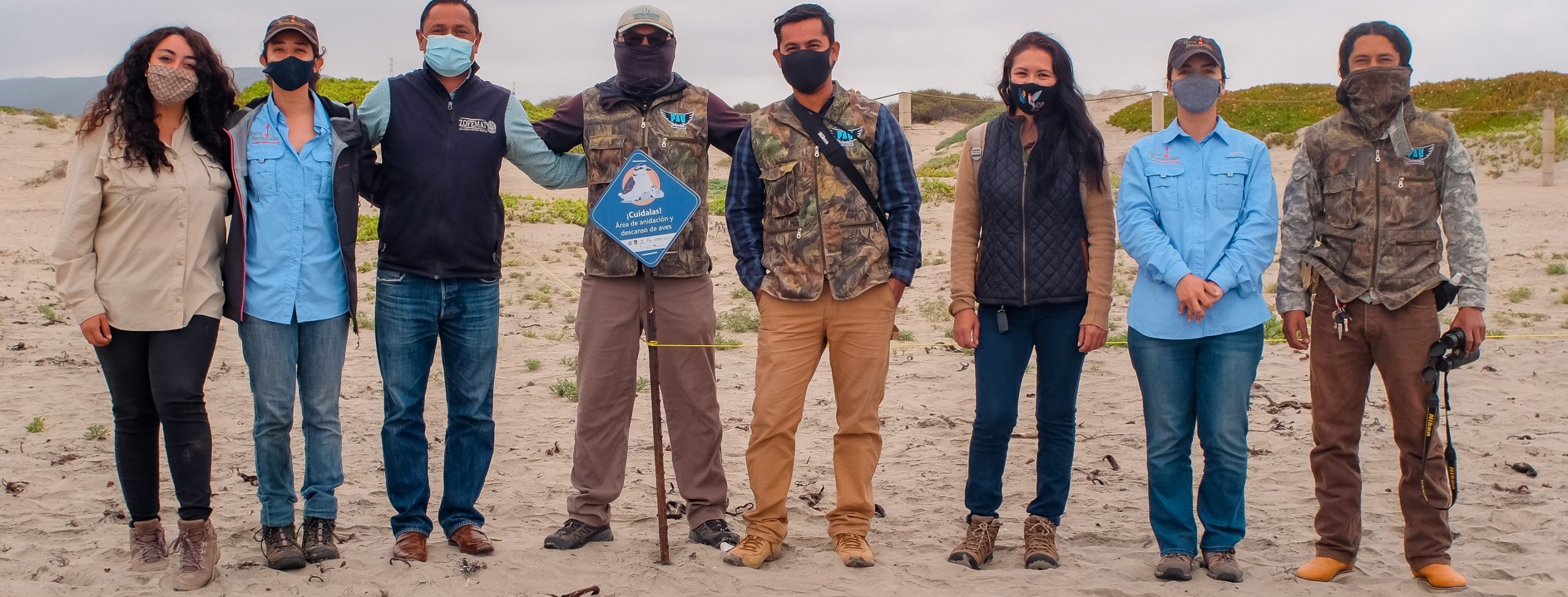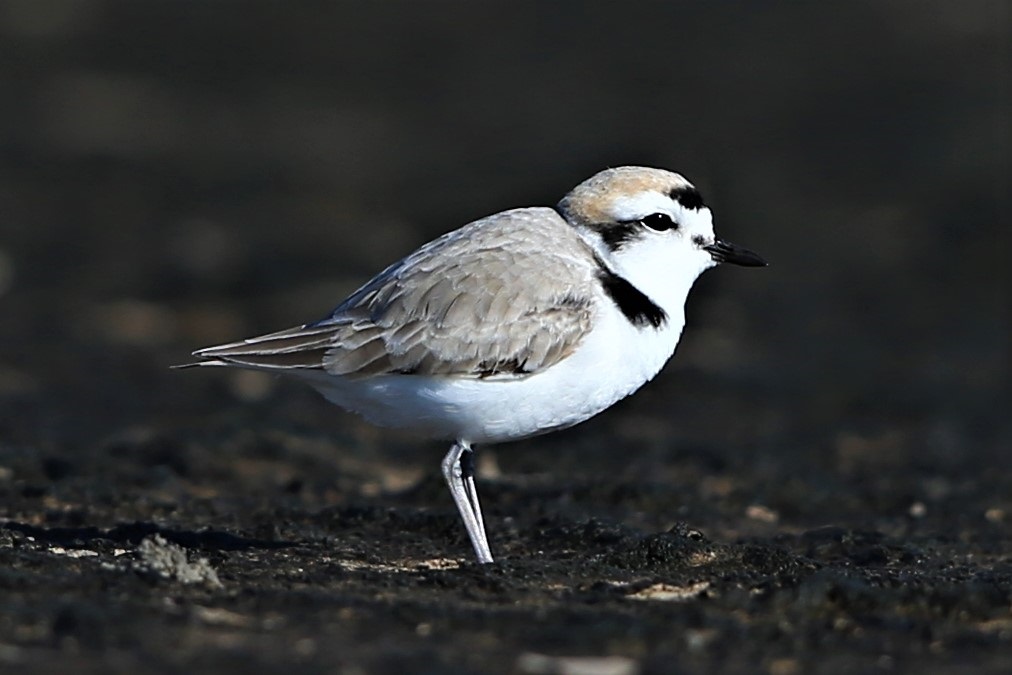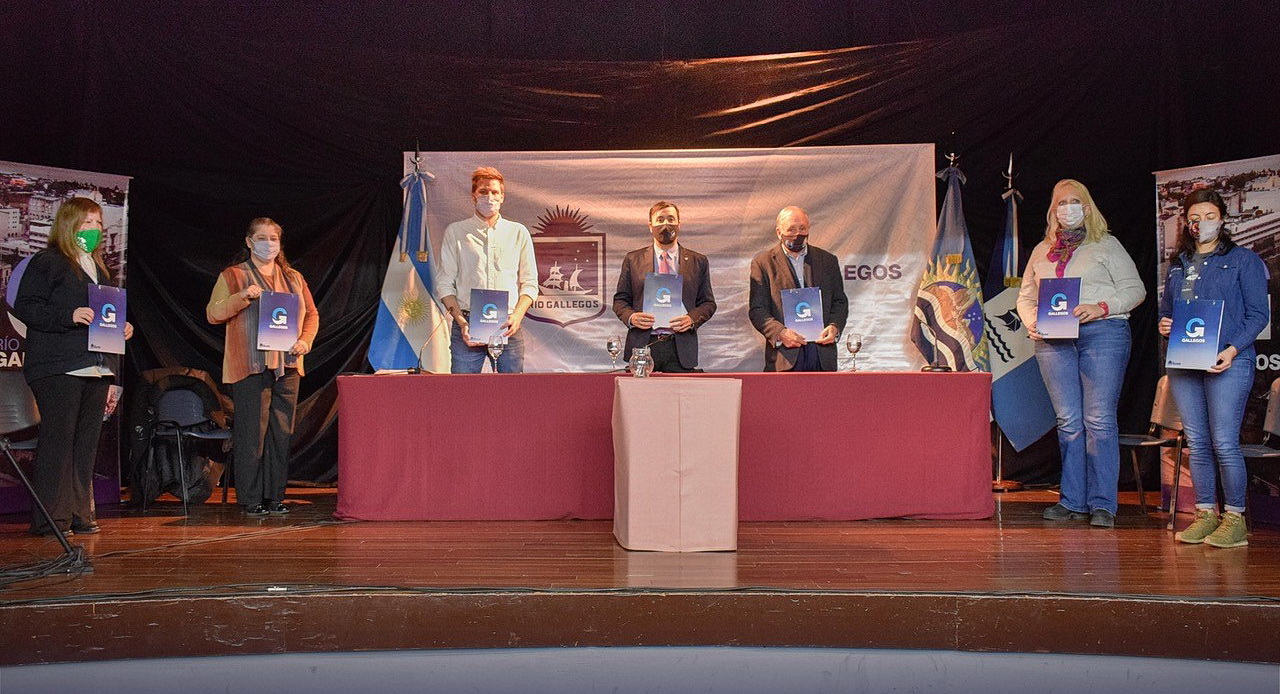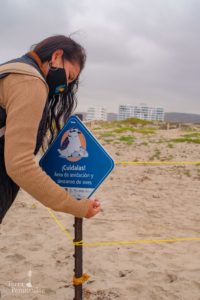Good governance plays a key role in the successful conservation of shorebirds and their habitats. It is about the processes and relationships that determine who manages a critical site for shorebirds, how decisions are made, the relationships and dialogues between stakeholders, and how parties are accountable and to whom. Good governance provides a structure for accountability, transparency, equity and inclusión for marginalized communities, and intergenerational justice.
Many Western Hemisphere Shorebird Reserve Network (WHSRN) sites involve multiple stakeholders. Each has a role in managing the area, but all too often, these stakeholders may view management for shorebirds differently. Good governance can provide a structured and collaborative process for creating guidelines for decision-making, including who has access to information and who participates in decision-making. By creating agreements through consensus, norms and rules are established for decision-making, management actions, and effective conservation.
Despite the challenges posed by the pandemic, the WHSRN Executive Office has continued to build capacity and facilitate ongoing dialogue and stakeholder coordination at WHSRN sites in the Americas. Within the framework of Manomet’s “Coalitions for Shorebird Conservation,” which seeks to support diverse shorebird conservation efforts on a hemispheric scale at 13 sites throughout the Americas, valuable agreements have been reached at WHSRN sites in Argentina and Mexico.





 Back to all
Back to all


